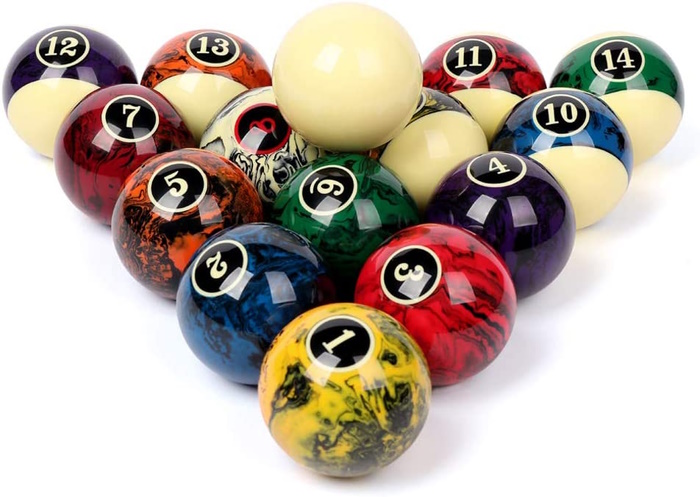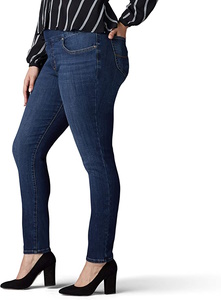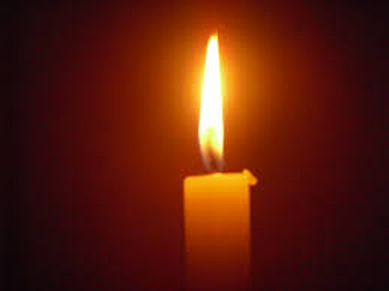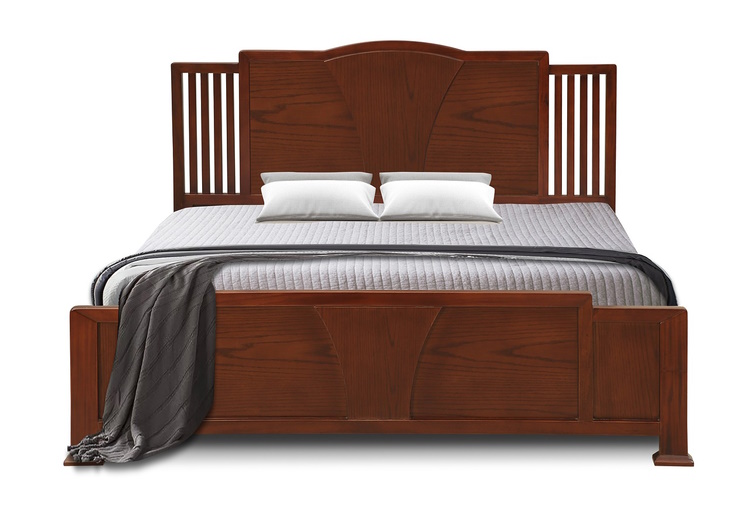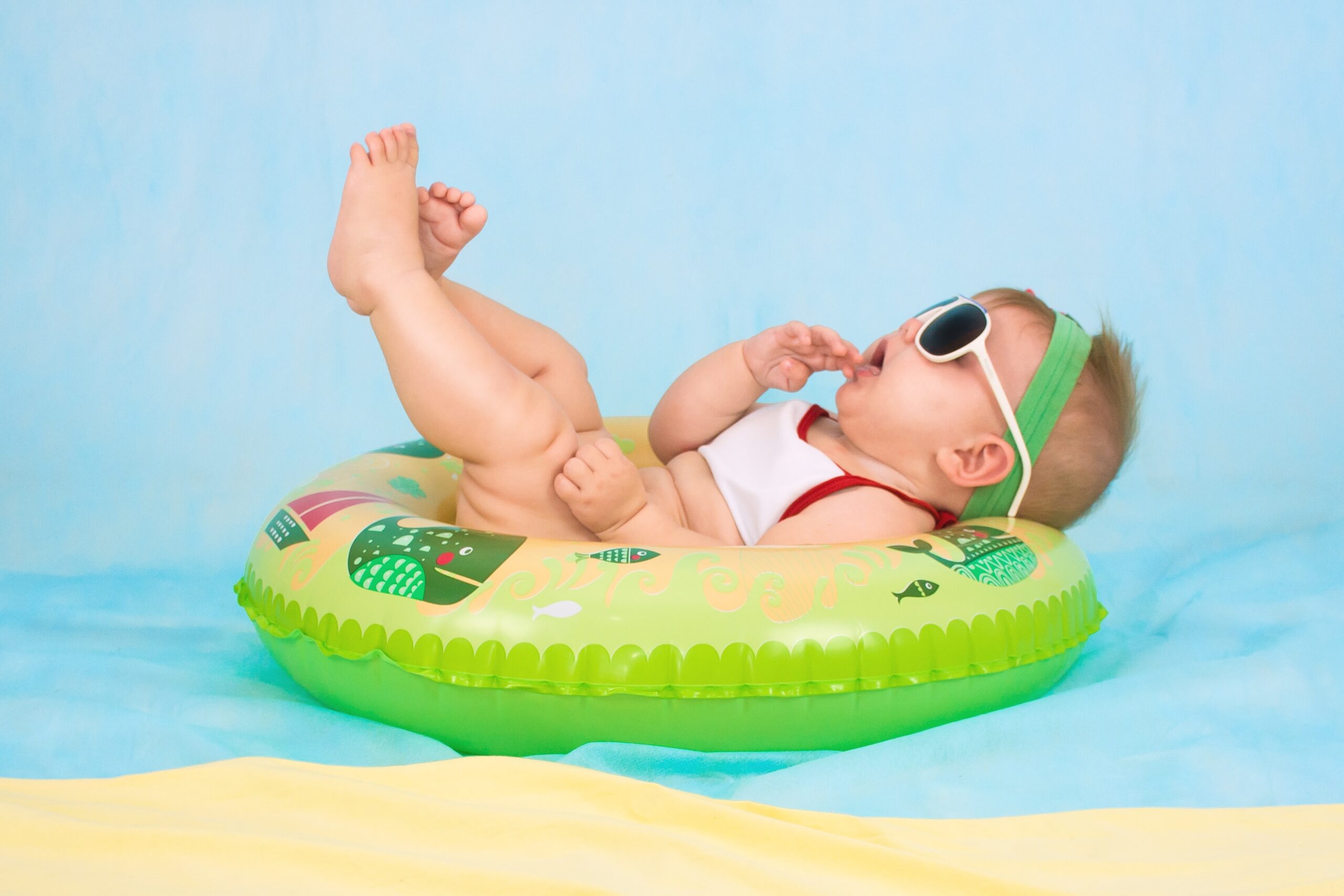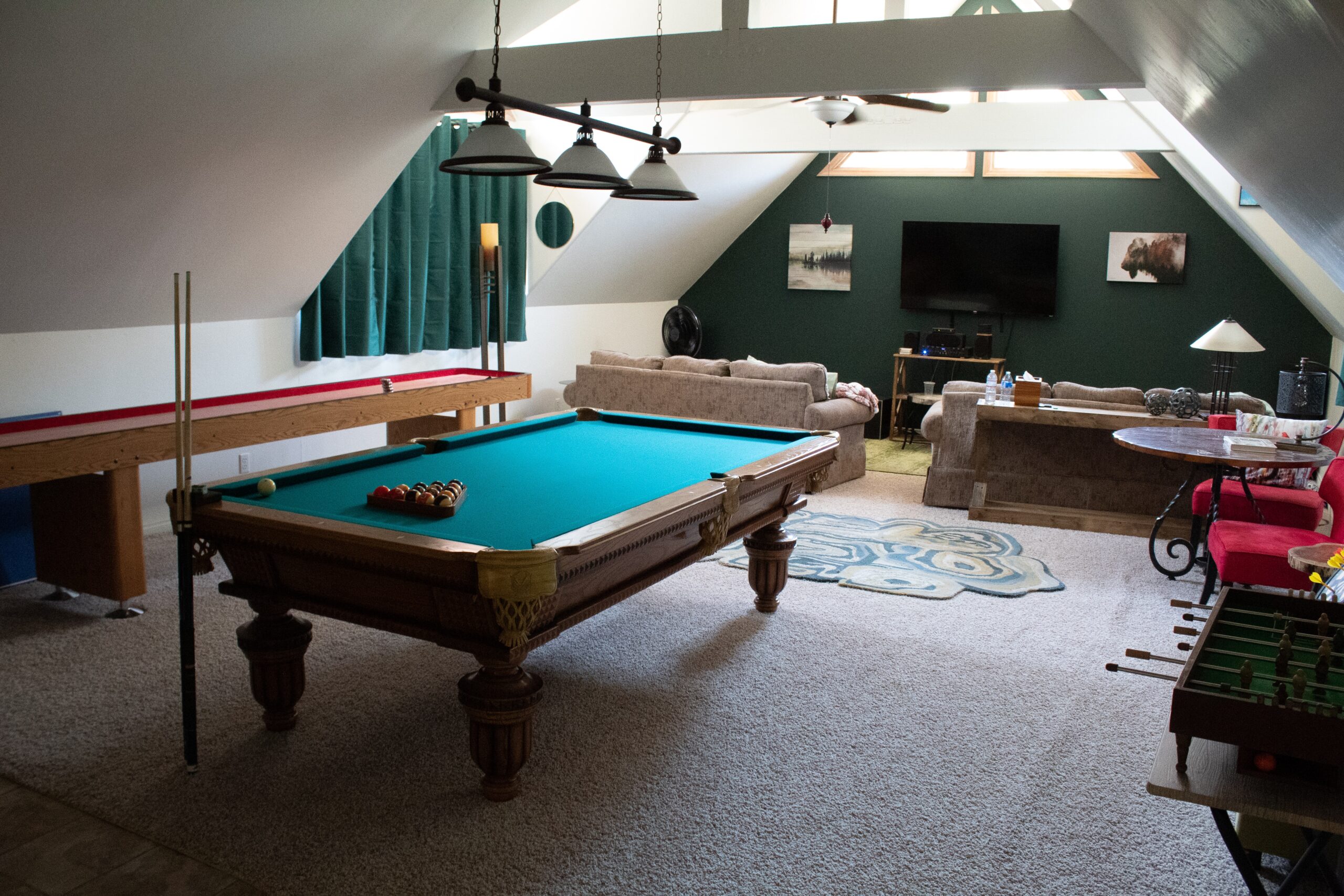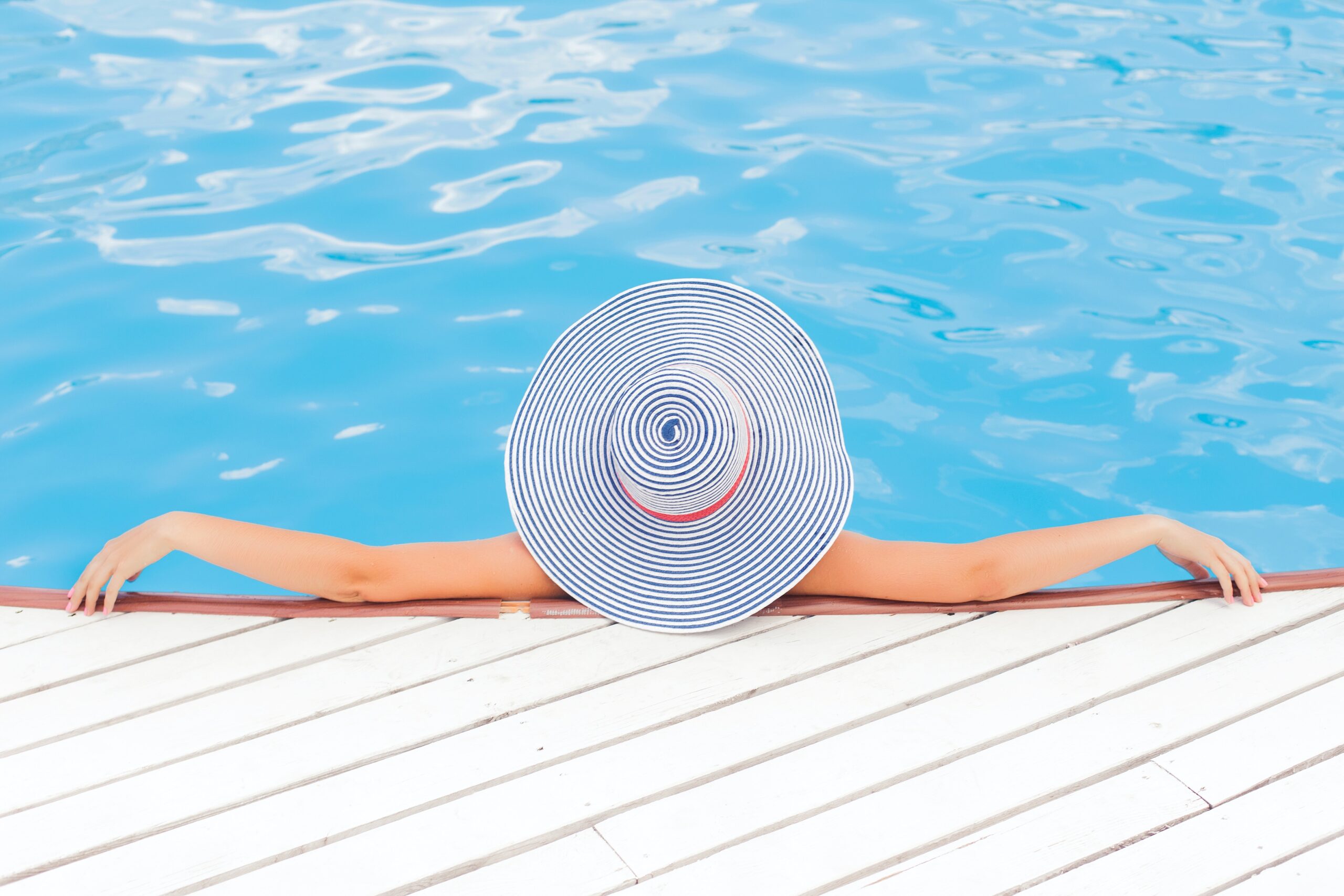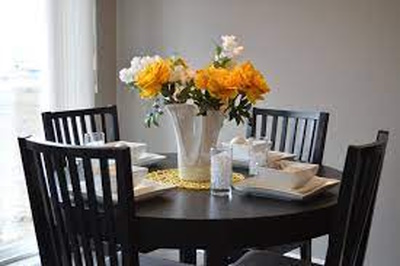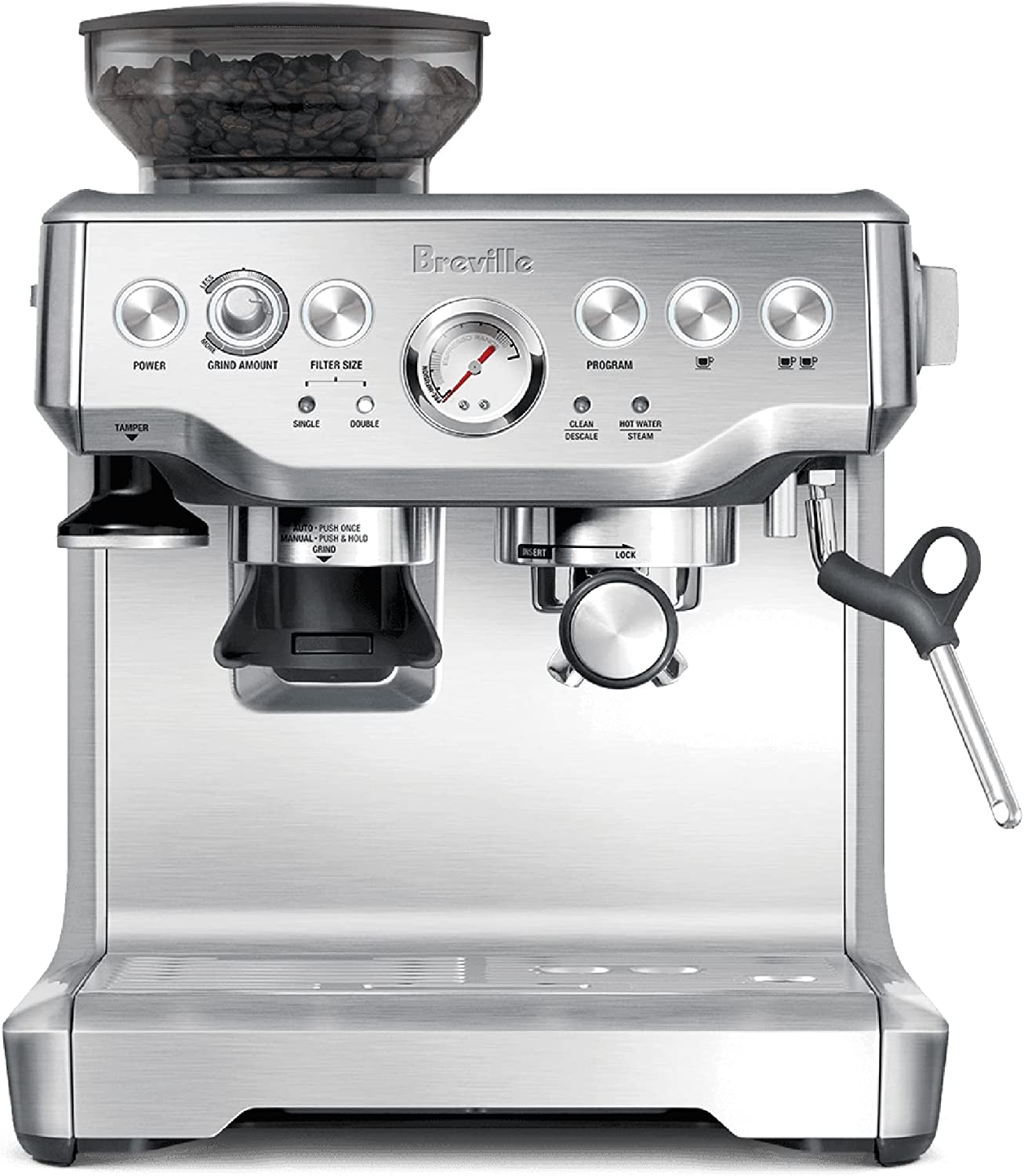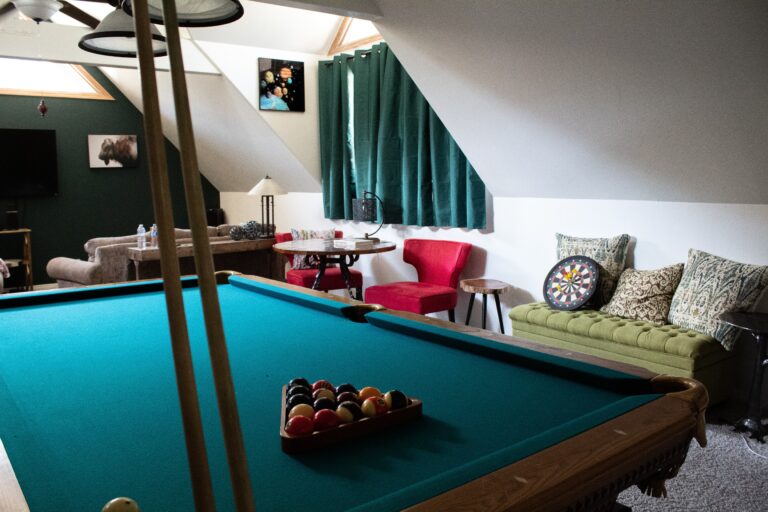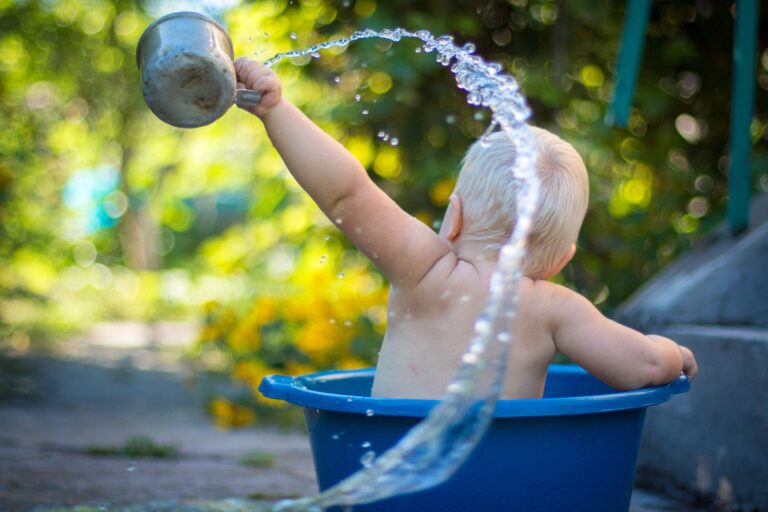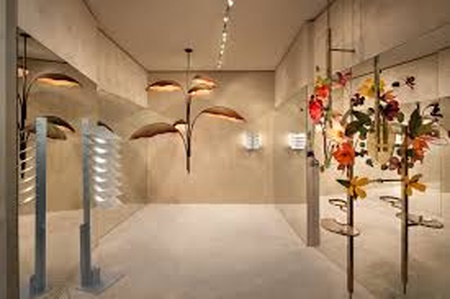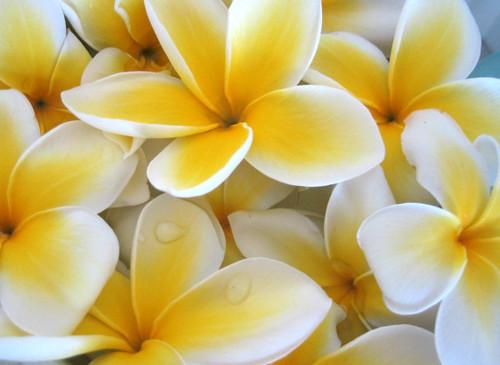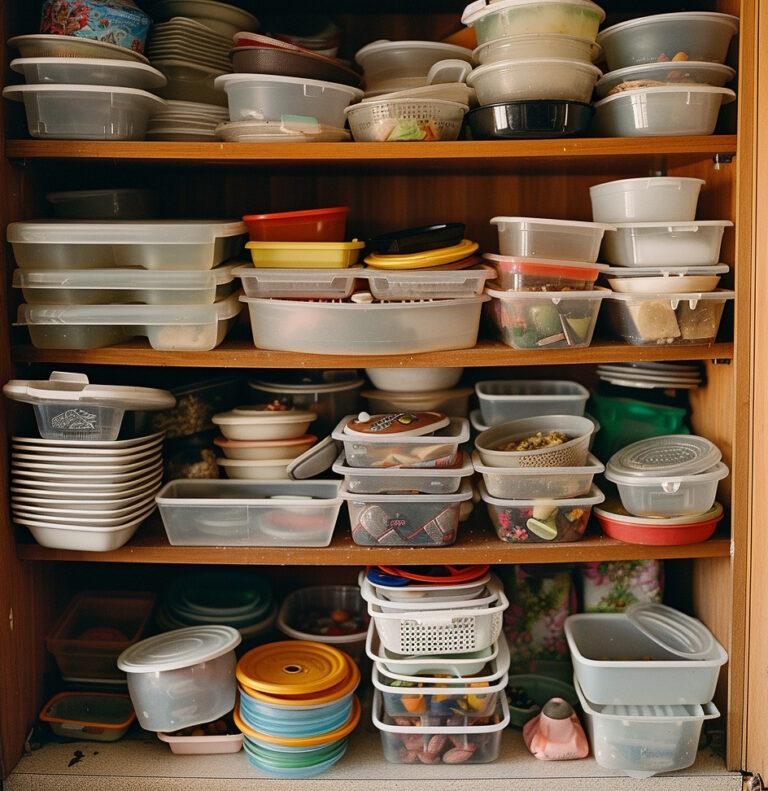How to Choose the Best Pool Table Balls: The Ultimate Guide
The Importance of Choosing the Right Pool Table Balls
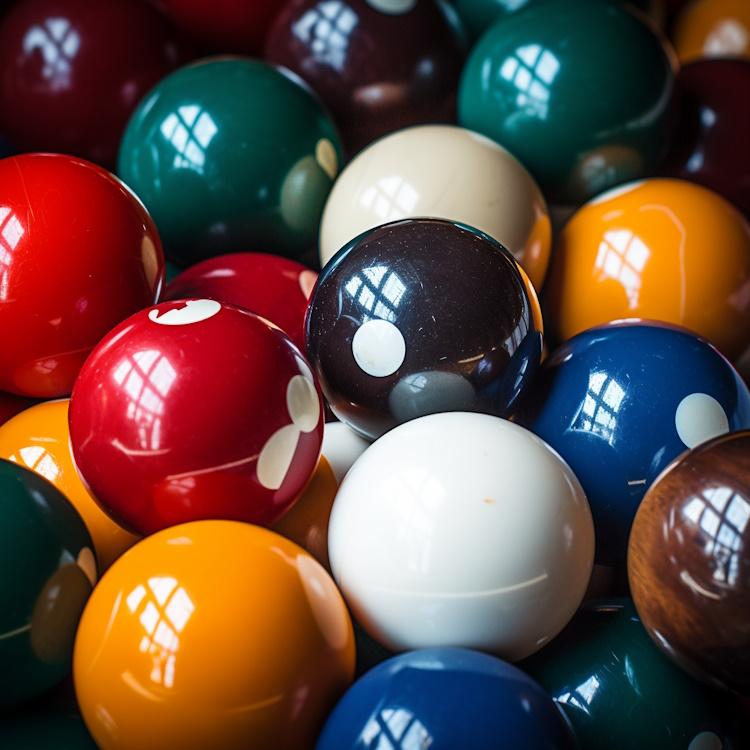
Choosing the best pool table balls can make all the difference between a great game and a mediocre one. It’s not just about aesthetics or personal preferences but about physics, precision, and durability.
If you’re serious about playing pool, you must invest in high-quality balls to enhance your skills and enjoyment. The right balls can affect the cue ball and object balls’ accuracy, spin, bounce, and roll.
They can also affect the consistency of play over time since poorly made or worn-out balls can become chipped, faded, or warped. Moreover, different types of balls can be better suited for different games, such as eight-ball or nine-ball.
Brief History of Pool Table Balls
Pool table balls have been around for centuries in various forms and materials. The earliest versions were made from wood or clay and were often unevenly shaped and sized. Later on, ivory became a popular material due to its durability and smoothness.
However, ivory was also expensive and controversial since it required killing elephants. In the 20th century, synthetic materials such as Bakelite (phenolic resin) were developed as an alternative to ivory.
These materials were cheaper to produce than ivory but still offered similar characteristics of hardness and density for consistent playability. Today’s most common materials for pool table balls are phenolic resin (used by Aramith) and polyester resin (used by Cyclop).
Overview of Different Types of Pool Table Balls
Several types of pool table balls cater to different needs or preferences. The most common type is the standard American style, with stripes and solids numbered 1 to 15.
Other types include:
- Snooker: smaller size (2 1/16″), smaller pockets, no numbers on balls, different colors
- Carom: larger size (2 7/16″), no pockets, no numbers on balls, different colors
- Blackball: similar to American style but with different rules and colors (red and yellow instead of stripes and solids)
There are also specialty balls, such as glow-in-the-dark or camouflage balls, that can add fun and excitement to your game. However, they may not be suitable for serious tournaments or competitions.
Material Matters
The most common materials used for pool table balls
Three primary materials are commonly used: phenolic resin, polyester resin, and ivory. Phenolic resin is the most popular material because it is highly durable and can withstand a lot of wear and tear.
Polyester resin is less expensive than phenolic resin but also less durable. Ivory is the traditional material used for billiard balls. However, it has become virtually obsolete due to its expense and controversial nature.
Pros and Cons of Phenolic Resin Pool Table Balls
Phenolic resin is a plastic type widely used for making pool table balls. It has some advantages and disadvantages compared to other materials, such as polyester or acrylic. Here are some pros and cons of phenolic resin for pool table balls:
Pros:
- Phenolic resin balls are more durable and resistant to scratches, impact, and friction. They can last up to five times longer than acrylic balls and retain their shine better .
- Phenolic resin balls have less “bad contacts” or “buttages”, which means they roll more smoothly and accurately on the table. They also have less “shadowing” of chalk and other contaminants, which makes them easier to clean.
- Phenolic resin balls are more consistent in weight, size, and shape. They have very strict tolerances and minimal weight deviations within a set, improving the game’s quality.
Cons:
- Phenolic resin balls are more expensive than other types of balls. They require a complex manufacturing process that involves mixing formaldehyde with phenol and several steps of curing and polishing.
- Phenolic resin balls may be too hard for some players’ preferences. They can produce a louder sound when hitting each other or the rails, and they may require more force to break or pocket.
- Phenolic resin balls may not be compatible with some types of pool tables or cues. They may cause more wear and tear on the cloth, rails, and pockets and damage softer cue tips.
Some argue that phenolic resin balls have a clunky sound compared to other materials. Still, that’s just part of their charm. Plus, it provides better shooting accuracy because of its consistent density throughout the ball.
Pros and Cons of Polyester Resin Pool Table Balls
If you are looking for pool table balls, you may wonder what are the pros and cons of polyester resin, one of the common materials used to make them. Polyester resin is a type of plastic that is cheaper and more widely available than phenolic resin, another popular material. However, polyester resin also has some drawbacks that may affect your game and your pool table.
Some of the pros of polyester resin are:
- It is affordable and easy to find. You can buy a complete set of 16 glossy pool table balls made of polyester resin for less than $60 on Amazon.
- It comes in various colors and styles, so you can choose the ones that suit your preference and your pool table.
Some of the cons of polyester resin are:
- It is less durable and resistant than phenolic resin. Polyester resin balls may last less than ten years, while phenolic resin balls may last up to 40 years. Polyester resin balls may also chip or scratch more easily, which can affect their roll and accuracy.
- It loses its shine faster than phenolic resin. Polyester resin balls may look worn and dull after a while, which can make them less attractive and enjoyable to play with.
- It can damage your pool table felt. Polyester resin balls may develop rough edges that can tear or burn the felt on your pool table. They may also leave marks or stains on the felt due to their lower-quality coating.
As you can see, polyester resin has some advantages and disadvantages when it comes to pool table balls. Ultimately, the choice depends on your budget, skill level, and playing frequency.
If you are a casual player who does not mind replacing your balls or your felt more often, polyester resin may be a good option for you. However, if you are a serious player who wants to improve your game and protect your pool table, you may want to invest in phenolic resin balls instead.
Pros and Cons of Acrylic Pool Table Balls
If you are looking for a new set of pool table balls, you might be wondering about the pros and cons of acrylic for pool table balls. Acrylic is a type of plastic that is widely used for various purposes, including billiard balls. Here are some of the advantages and disadvantages of acrylic pool table balls:
Pros:
- Acrylic pool table balls are cheaper than other types of balls, such as phenolic resin or Bakelite, which are considered the gold standard for billiard balls.
- Acrylic pool table balls are more resistant to fading, cracking, and chipping than other types of plastic balls, such as polyester.
- Acrylic pool table balls are available in various colors, patterns, and designs, such as NFL, MLB, or NCAA team logos.
Cons:
- Acrylic pool table balls are less durable than phenolic resin or Bakelite balls, which last up to five times longer than other polymer and polyester sets.
- Acrylic pool table balls are less consistent in weight, size, and roundness than phenolic resin or Bakelite balls, which can affect the accuracy and performance of your shots.
- Acrylic pool table balls are more likely to cause burn marks on the pool table’s felt, especially if they are not cleaned regularly.
In conclusion, acrylic pool table balls are a good option if you are looking for a low-cost and colorful set of balls, but they are not the best choice if you are looking for high-quality and long-lasting balls that will not damage your pool table.
Pros and Cons of Polyester Pool Table Balls
Pros and Cons of Polyester for Pool Table Balls
Polyester is a type of plastic material that is commonly used to make pool table balls. It is cheaper than phenolic resin, another type of plastic considered to be of higher quality. Here are some pros and cons of polyester for pool table balls:
Pros:
- Polyester balls are affordable and easy to find. They are suitable for beginners or casual players who do not want to spend too much on pool equipment.
- Polyester balls are resistant to overheating and do not lose their shape easily. They can withstand high temperatures and humidity without warping or cracking.
- Polyester balls have a smooth, glossy surface that looks attractive on any pool table. They also come in various colors and designs to suit different preferences.
Cons:
- Polyester balls are less durable and more prone to chipping and scratching than phenolic resin balls. They can develop rough edges that can damage the felt on the pool table or create burn spots.
- Polyester balls lose their shine faster than phenolic resin balls and can look worn out after a while. They also tend to fade or discolor over time.
- Polyester balls are less accurate and consistent than phenolic resin balls. They do not roll as smoothly or as far as phenolic resin balls, which can affect the gameplay and performance.
Pros and Cons of Bakelite Pool Table Balls
Bakelite is a type of plastic that was used to make pool balls in the early 20th century. It was invented by Leo Baekeland in 1907 and it was durable, easy to produce, and did not explode like the previous celluloid balls. However, Bakelite also had some disadvantages as a material for pool balls. They are not produced anymore, but you may find a set at an estate sale. Some of the pros and cons of Bakelite for pool table balls are:
Pros:
- Bakelite balls were resistant to heat, water, and chemicals, which made them last longer than ivory or wood balls.
- Bakelite balls were cheaper and more available than ivory balls, which were becoming scarce due to the overhunting of elephants.
- Bakelite balls had a smooth, glossy surface that made them roll well on the table.
Cons:
- Bakelite balls were prone to chipping, cracking, and fading over time, especially if exposed to sunlight or harsh cleaning agents.
- Bakelite balls had a lower density and elasticity than ivory or modern resin balls, which affected their bounce and spin.
- Bakelite balls had inconsistent sizes, weights, and colors, which made them less accurate and uniform than modern balls.
Ivory Pool Table Balls
Ivory was once the preferred material for billiard balls due to its smoothness and consistent density. However, with restrictions on elephant hunting due to conservation issues, ivory has become a scarce and expensive material for pool table balls.
Even if you could find ivory billiard balls today (which would be illegal), they would likely be too expensive for most people’s budgets. While all three materials have benefits, phenolic resin is the best option for pool table balls due to its durability and consistency.
Polyester resin is an okay choice if you’re on a tight budget, but remember that it won’t last as long as phenolic resin balls. And as for ivory, it’s no longer worth the ethical and financial cost of using it.
Size and Weight Considerations
Standard size and weight for pool table balls
When it comes to playing a game of pool, the size and weight of the pool table balls are crucial factors that can make or break your experience. A pool ball’s standard size and weight are 2 1/4 inches in diameter and weigh around 6 ounces each.
These measurements have been standardized to ensure fair gameplay across different tables, brands, and players. However, some brands like Brunswick may have slightly larger or heavier balls depending on their manufacturing process.
These minor variations are not too much of a concern, as they won’t affect your gameplay significantly. What is important is finding a set of balls that feel comfortable for you to play with.
Differences in size and weight among brands
While most manufacturers follow the standard size and weight guidelines for pool table balls, there may be slight variations in their products. For example, Aramith produces “Pro Cup” balls slightly smaller than the standard size at 2 3/16 inches but weigh the same as regular balls.
On the other hand, Cyclop Hyperion Pool Balls have a unique design with a lower center of gravity that reduces skid marks on the cloth from ball impact while retaining its perfect roundness over time. These differences may not be noticeable for novice players but can make all the difference for seasoned professionals.
How it affects gameplay and personal preference
The size and weight of pool table balls can affect how they behave on the felt surface during gameplay. Lighter or smaller balls may move faster across the table than heavier ones when struck with equal force due to their lower mass.
Similarly, larger or heavier balls may require more force to move them around when compared to regular ones. Personal preference also plays an important role when choosing the perfect size and weight for your pool balls.
Some players prefer heavier balls for stronger shots, while others prefer lighter ones for better control and accuracy. Experimenting with different sizes and weights is essential to determine which works best for your gameplay style.
Size and weight are critical factors that can significantly impact your pool-playing experience. While standard sizes and weights exist, slight variations may occur among different brands.
Personal preference also plays a crucial role in determining which size and weight of pool table balls suit you best. Ultimately, it’s up to you as the player to find a set of balls you can play with while delivering an enjoyable gaming experience.
Specialty Pool Table Balls
Glow-in-the-dark balls
Whoever said that pool has to be limited to daylight hours? With glow-in-the-dark balls, you can play pool all night long! These specialty pool table balls are made with a luminous material that glows in the dark.
They work by absorbing light during the day or when exposed to light and then releasing it slowly in the dark. This makes it easy to see the balls even in low-light conditions.
The benefits of using glow-in-the-dark pool table balls are numerous. For starters, they add a fun and unique element to your game of pool.
Not every day, you get to play with glowing billiard balls! Additionally, playing with these specialty balls can help improve your accuracy as you learn how to adjust for their different appearance and trajectory.
Camouflage Balls
If you’re tired of playing with boring old standard-colored pool table balls, camouflage balls are what you need! These unique billiard balls come in shades of green and brown, mimicking the pattern of camouflage found on military uniforms. But why bother with camouflage patterns on your cue ball?
Well, for starters, it adds an extra element of challenge to your game, as now it’s harder to distinguish between different colored stripes or solids. Camouflage billiard balls are also great for players who want a level playing field. Since the standard color-coded cue ball is usually white, it gives them certain advantages during breaks.
How they differ from standard balls
Camouflage billiard ball design does add not only new colors but also different sizes and weights measured precisely for a better gameplay experience compared to common standards rules, which require the cue ball is always white and should have a 1/10 size difference from other colored ones while keeping the same weight within (+/-) 0.1 oz range. Overall, specialty pool table balls are an ingenious way to add variety to your game of pool. Whether you’re playing with glow-in-the-dark balls or trying your hand at camouflage design, these unique billiard balls offer a fresh perspective on the classic game of pool.
Best Pool Table Balls Brand on the Market
Aramith Pool Balls
Features
When it comes to the best pool table balls, Aramith is a brand that stands out from the rest. Made with high-quality phenolic resin, these balls are known for their durability and long-lasting performance.
They are perfectly round and uniform in size, providing consistent play that serious players appreciate. What makes Aramith balls truly stand out is their unique design features.
They come in various colors and styles, including the classic “Super Pro” set, which features bold colors and a striking design. Additionally, Aramith offers specialty sets with unique designs, such as “magnetic cue ball,” which helps in practice or teaching situations by making it easier to visualize spin effects.
No products found.
Reviews
Don’t take my word for it – the reviews speak for themselves. Many top-level professional pool players choose Aramith as their go-to brand for pool table balls due to its superior quality and consistent performance over long periods.
If you’re looking for exceptional quality and design in your pool table balls, Aramith should be at the top of your list. One customer raves about how these balls have held up over years of use: “I have had my Aramith set for over 10 years now and they still look like new! They have been worth every penny I paid for them.” Another reviewer notes how well they roll: “The roll is absolutely perfect! No bumps or wobbles like cheaper brands.”
Best Value on the Market
Japer Bees Pool Balls
Features
Another fantastic option for high-quality pool table balls is Japer Bees. These polyresin billiard balls are made with precision engineering, featuring a unique design that provides excellent durability and playability. One of the key features of Japer Bees balls is their striking color scheme.
They come in various bold colors, including bright orange, blue, and purple, making them stand out from other ball sets. Furthermore, they have a unique UV filter, making them resistant to color degradation, especially when sunlight makes them perfect for outdoor or well-lit indoor tables.
No products found.
Reviews
Customer reviews of Japer Bees are overwhelmingly positive. Players tout the quality and attention to detail evident in every aspect of these balls – from their consistent roll to their vibrant design.
One reviewer notes that “these balls have exceeded my expectations in every way,” while another notes that “the performance is simply unparalleled.” While some players may prefer traditional ball sets with muted colors, those who enjoy a bold and eye-catching look on their table will love Japer Bees pool balls.
Whether you prioritize durability, aesthetics, or value, you can’t go wrong with either of these options – your gameplay will be improved immediately after upgrading your set!
Caring for Your Pool Table Balls
The Importance of Proper Maintenance
If you’re a pool player, taking care of your pool table ball set is crucial to maintaining its shine and performance. The first thing to remember is that your hands should always be clean and dry when handling them. Dirty and oily fingers will ruin the surface and make it impossible to get the most out of your set.
Pool Table Felt: Choose The Best Color And Up Your Game (wherecanibuythat.us)
Secondly, keep in mind that temperature changes can affect the quality of pool table balls, so be sure to store them in a cool, dry place. And while we’re on the topic of storage, stack them evenly, as this can cause discoloration or even chips.
Invest in a good ball cleaner and polisher to keep your set looking new. Ignoring these simple steps won’t make much difference; a properly maintained set will significantly improve your gameplay experience.
Avoid Common Cleaning Mistakes
Pool ball cleaning is an essential step for any serious pool player. Still, it’s crucial to avoid some common mistakes when doing so. One mistake many people make is using abrasive cleaners or tools like steel wool pads or sandpaper to rub off stubborn marks on their balls.
12 Pool Table Gift Ideas To Make Smiles Happen (wherecanibuythat.us)
This will wear away at the surface and ultimately reduce the longevity of the balls. Leaving their balls unprotected after cleaning them is another mistake people often make.
Always dry them off with a soft cloth after cleaning and then place them back into their case immediately afterward. Leaving freshly cleaned balls out in the open air can lead to water spots forming on their surface.
Long-Term Maintenance Tips
Even with proper maintenance, all pool balls will eventually show signs of wear over time. So what are some long-term maintenance tips? One option is to seek out professional resurfacing services.
This will restore the surface and can extend the life of your balls. Another option is to replace individual balls as they wear out.
This may seem unnecessary, but if you’re a serious player, you’ll understand the importance of having a set that performs consistently. Trust me when I say that ball sets can play very differently, so it’s worth having a complete and balanced set.
Conclusion
Let me tell you that having a well-maintained pool ball set makes all the difference in your gameplay experience. Follow these simple tips for keeping your pool balls clean and shiny, and you’ll play better. Remember: proper care and maintenance today will keep your balls performing at their best for years.
Sources:
https://www.cuecave.com/high-quality-pool-balls-and-why-they-matter/
https://pingpongruler.com/best-billiard-balls/
https://supremebilliards.com/best-billiard-ball-sets-for-saving-money-and-highest-quality/
https://www.imperialusa.com/billiard-accessories/billiard-balls.html
Last update on 2025-06-02 / Affiliate links / Images from Amazon Product Advertising API

